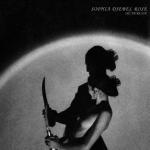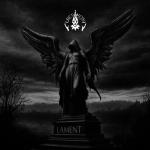Title: Poor Things
Genre: Fantastic, Dark Comedy
Directed by: Yórgos Lánthimos
Written by: Tony McNamara, inspired by Alasdair Gray's novel
Year: 2023
Country: USA, United Kingdom, Ireland
Casting: Emma Stone, Willem Dafoe, Mark Ruffalo, Ramy Youssef
Plot: Brought back to life by an unorthodox scientist, a young woman runs off with a lawyer on a whirlwind adventure across the continents. Free from the prejudices of her times, she grows steadfast in her purpose to stand for equality and liberation.
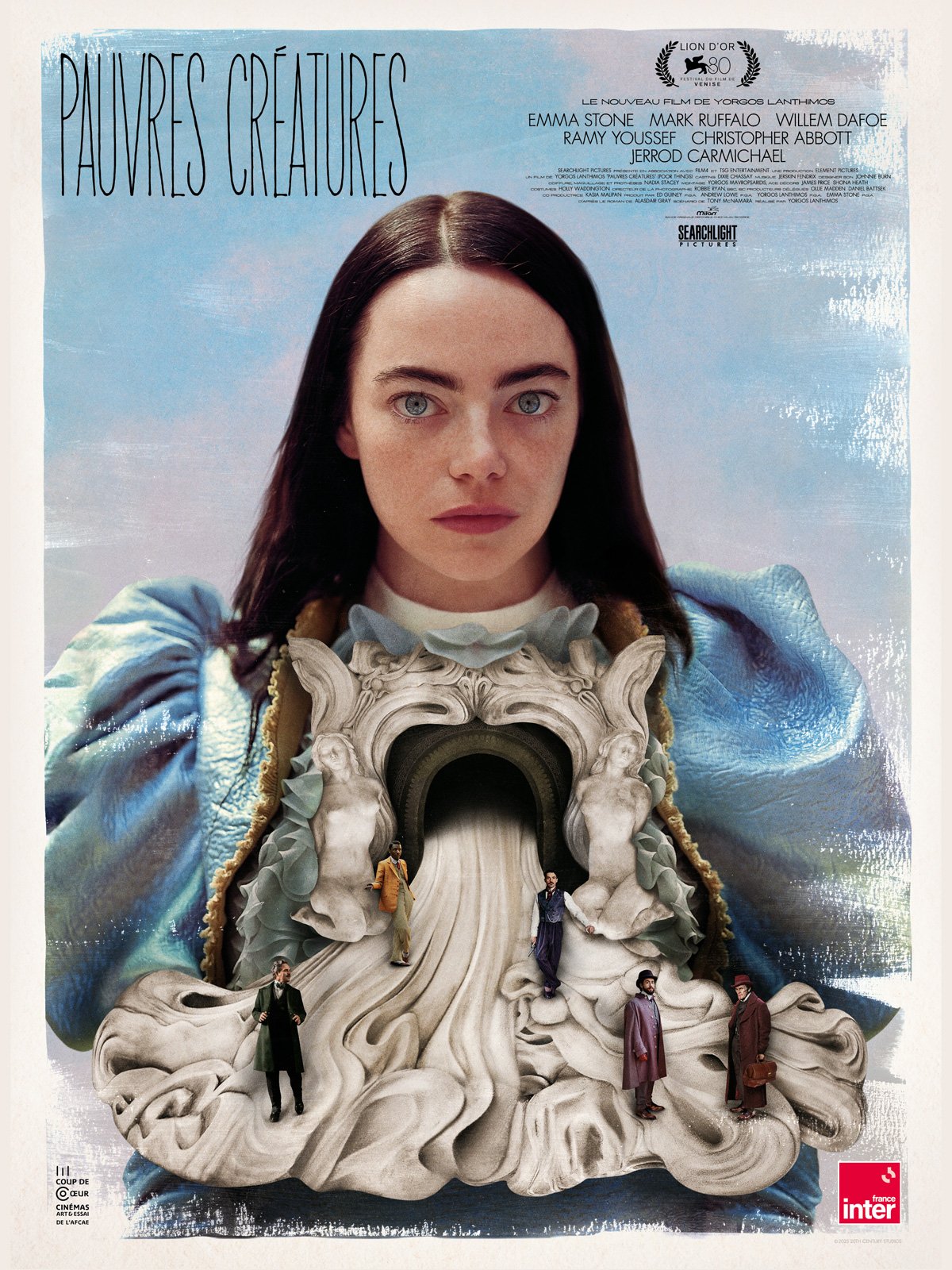
Golden Lion at the Venice Film Festival, Best Film in the Comedy category at the Golden Globes, a shower of awards for its lead actress Emma Stone: Poor Things is racking up the accolades. Yórgos Lánthimos' new romp was released in France on 17 January with the tag of a "feminist retelling" of the Frankenstein myth, a label that seems as facile as it is reductive: Frankenstein was written by a young woman and, while the work is not necessarily feminist, it has already inspired some less phallocentric rereadings, from The Bride of Frankenstein (James Whale, 1935) to the delirious Frankenhooker (Frank Henenlotter, 1990) and Frankenstein Created Woman (Terence Fisher, 1967) and its transsexual subtext, quite unheard of in England at the time. In the end, the adaptation of Alasdair Gray's novel Poor Things retains only the figure of the "mad scientist" and the form of the initiatory quest, but does away with the Gothic horror, opting instead for a lively approach.
Yórgos Lánthimos is not really known for his consensual or particularly optimistic films; on the contrary, he is a specialist in the strange, the uneasy, even the creepy (The Killing of the Sacred Deer is not what you'd call a feel-good movie...), but the relative success of his most recent and 'polite' work, The Favourite, has opened some wallets and given him the means to fulfil his ambitions. From the very first minutes of the film, Emma Stone, with the mind of a two year old, stumbles awkwardly into her creator's operating theatre, asking if "she can play with bodies" - "yes, but only with the dead ones" replies her "God", "God" here being short for the first name Godwin. After unconvincingly lifting a corpse's flaccid penis, she innocently pokes out its eyes with a scalpel. The tone is set: Poor Things is a funny, offbeat and often very crude film. So much for the slightly old-fashioned, conservative clichés of the creator who is systematically punished for daring to defy the divine order, or the creature who transforms into a monster when he comes into contact with the world, as if that were the only possible way. Here, the creator is the creature, the creature is the creator... Power to the "monsters"!
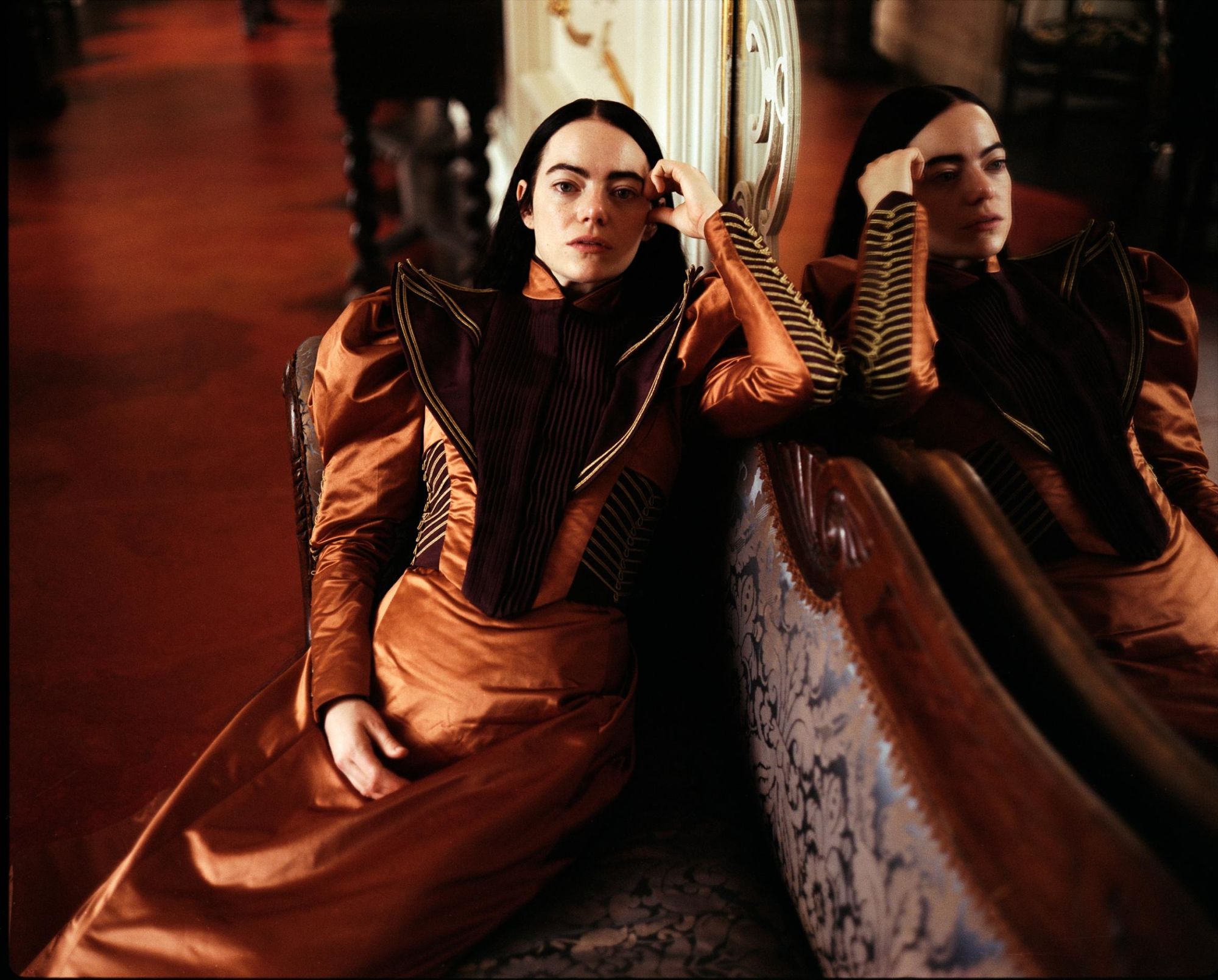
The first thing that strikes you is the universe. There are, of course, the surrealistic sets, a kind of steampunk delirium à la Dalí, whose flamboyant artificiality, totally assumed, reminds us of other poets of the factice (Tim Burton, Terry Gilliam, Tarsem Singh... or even Coppola's Dracula, with its play on colours, particularly costumes). The cities through which Bella Baxter travels are not faithfully reproduced, but are immediately recognisable, whether London, Paris or Lisbon. There's also the black and white of the first half, which is shattered as soon as Bella escapes from her drab Victorian world and the colours explode, and the extreme wide angles that contribute to this feeling of strangeness and distortion. Lánthimos, his cinematographer Robbie Ryan and the whole team seem to have had a lot of fun creating a surprising world to give their fairy tale the right unreal setting but also a real added value to the novel. The dark humour contrasts with a sunny palette and constant eccentricity.
And then there's Bella's quest for identity. She wants to discover the world, to discover herself, armed only with her naivety and brutal honesty, with no taboos whatsoever. Poor Things sometimes evokes the unlikely meeting of Voltaire's Candide, with its protagonist whose invincible optimism is confronted by the sometimes sordid reality of the world, and an arty remake of Frankenhooker. Bella discovers Pastéis de Nata and why you shouldn't eat too much of them, while at the same time discovering the baseness of other human beings, alcohol, social inequality, cynicism... and sex.
And then it's a festival. Poor Things lines up explicit sex and dissection scenes with the same cold, almost scientific distance: there's no gore or inappropriate voyeurism, just distant observations, illustrating Bella's scientific mind free from prejudice, which analyses, discovers and builds on it from experiment to experiment, but there's also plenty of humour. We mentioned earlier how dark Lánthimos' films can be: although Bella's ordeals lead her to experience some unsavoury things or allow the film to criticise certain social mores, it is never gloomy. Poor Things is brimming with life, and takes a refreshingly modern approach to parts of the film that might otherwise have turned into a miserabilistic crucifixion: the whole part in the brothel, for example, not only gives the film's social message greater scope, but also shows genuine tenderness towards certain freaks, broken people and other outcasts, under the benevolent yet ambiguous gaze of a magnificent madam played by Kathryn Hunter. If Bella is free of taboos, she is also free of judgement.
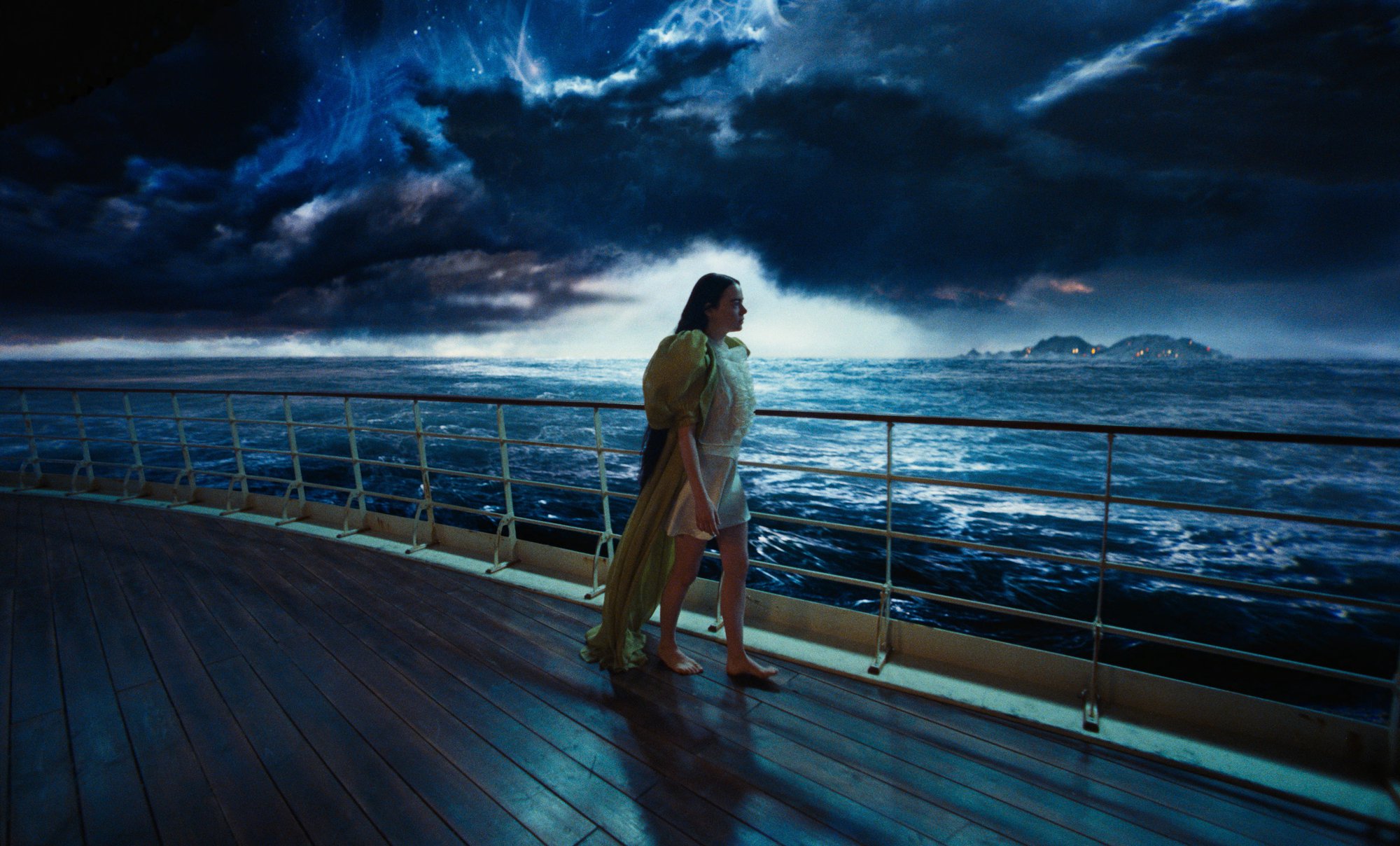
Fantasy and horror films have always had a political and social slant, whether by raising social issues that were ahead of their time, thanks in particular to their sympathy for the 'bizarre', or, on the contrary, by demonstrating a conservatism whose paradox is delightful (Jason Voorhees, avatar of Jesus Christ, who returns from the dead to butcher fornicators and potheads: a clear sign of puritanism and its virtuous weapons!) With its fantasies and facetiousness, Poor Things is, of course, a political film. The film's intelligence lies in its choice of satirical humour and fantasy to avoid giving the impression of being a heavy-handed tract giving lessons. But it is delightful to see all these men of Victorian society lose their tempers in the presence of Bella.
Everyone gets theirs. Mark Ruffalo's character is so amusing as a pathetic, navel-gazing macho caricature with a bit of a moron streak (taking on the Ken of Greta Gerwig's Barbie, but with less plastic and more substance), and the pure psychopath that Bella comes up against, not forgetting the more 'positive' figures who want to be her allies but are, in the end, just as confused when she decides to follow her own will rather than theirs. Poor Things is certainly a ruthless look at things, not hesitating to hit the nail on the head (as in this very funny passage where Bella offends her partner by coldly observing the weak limits of the male anatomy), but it is not devoid of tenderness: tough love does spoil, and good wills are capable of learning to do better.
It's a feast for the eyes and ears (it's time to mention Jerskin Fendrix' score) as Bella explores the different scenes, dabbling in a series of somersaults, shaking the stilted codes of Victorian society with her clumsy gestures, inappropriate interventions in good society and misplaced cucumbers. She discovers the childishness of her fellow human beings, their mediocrity, but also their suffering and their aspirations. She discovers poverty, socialism, cruelty and hangovers. Carried away by its energy and inventiveness, Poor Things surprises, makes you laugh and moves you from start to finish (even if the last act would have benefited from a little more direction and comes across a little like a set piece). To see such an enjoyable, modern and bizarre work attract so much attention and praise can only encourage us to be as optimistic as its heroine.
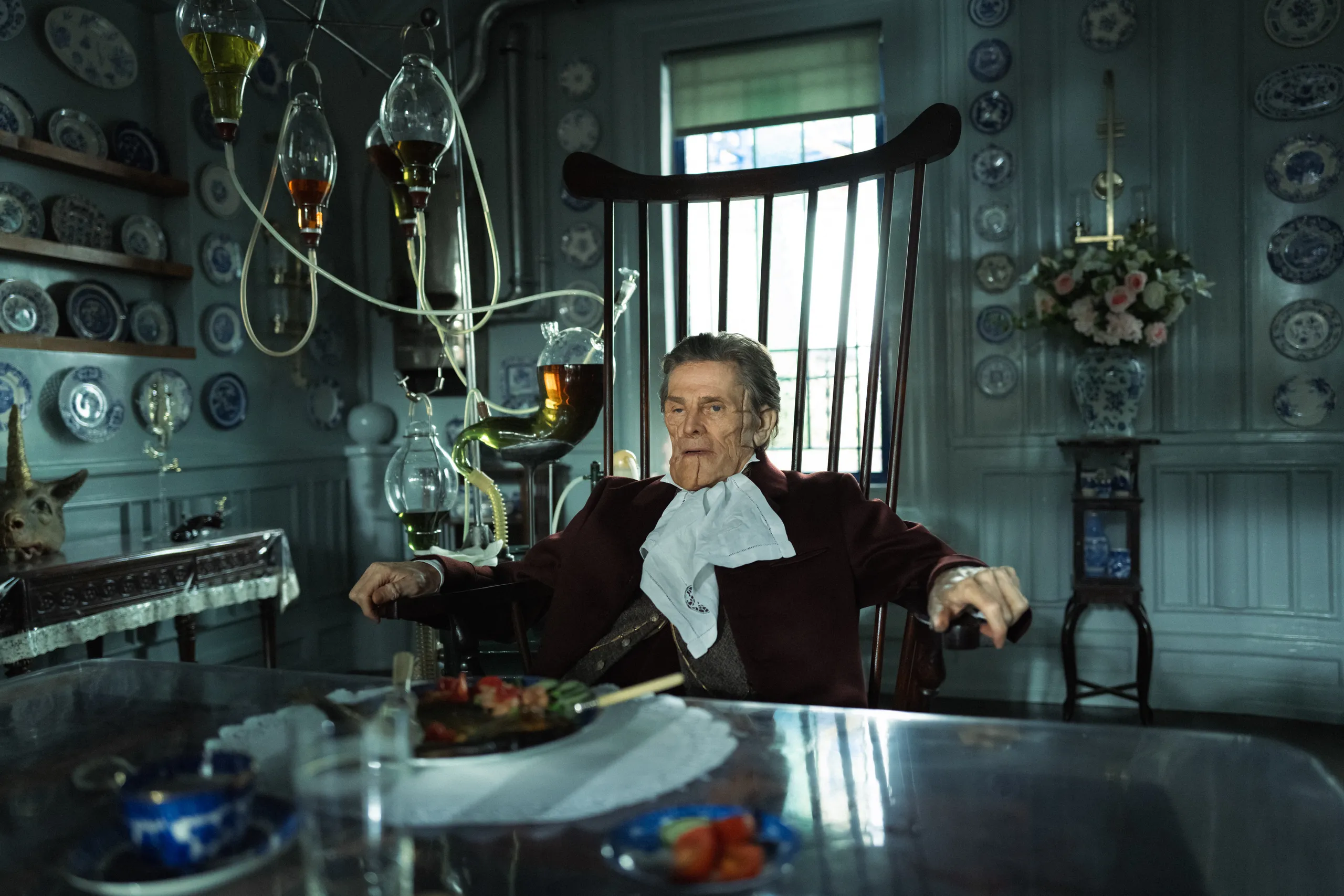

![[Cinema] Poor Things by Yorgos Lanthimos](https://www.verdammnis.com/img/uploads/2024/01/poorcouv-65af70ef9c563-post_header.png)
